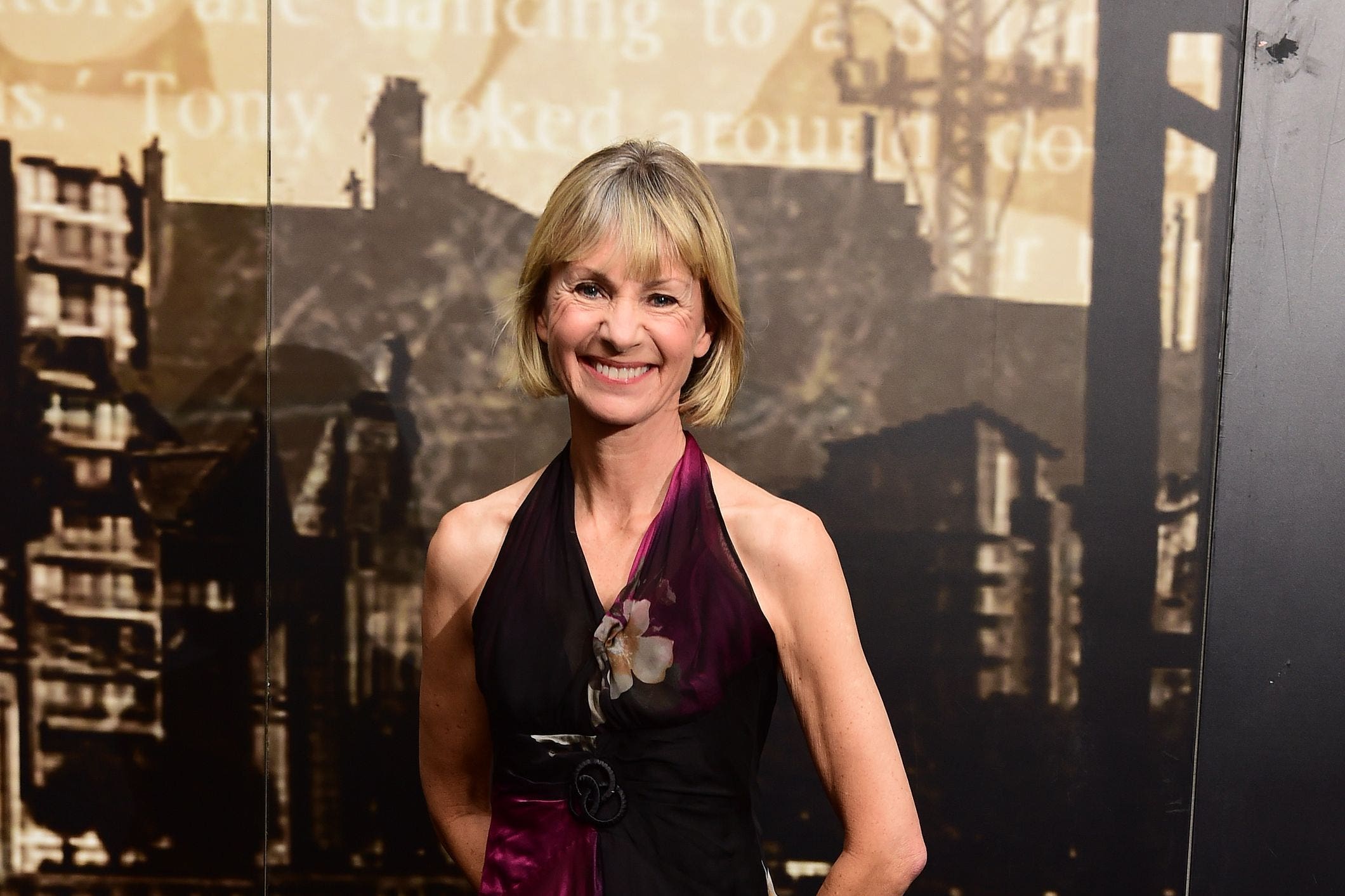Kate Mosse: New prize celebrating non-fiction by women will amplify and honour
The award is expected to be launched next year.

Author Kate Mosse has said a new prize celebrating non-fiction books written by women will help ensure their voices are “amplified, honoured and respected” in the same way as their male counterparts.
The charity behind the Women’s Prize for Fiction, now in its 28th year, is launching a sister award to celebrate works that “inform, challenge, disrupt and offer solace and connection”.
The £30,000 prize money comes from the Charlotte Aitken Trust, a charity set up by former literary agent Gillon Aitken on behalf of his late daughter, and winners will also take home a statuette named The Charlotte.
Women are writing in these fields too. They are journalists, they are scientists, they are historians and they are natural philosophers
The new prize was prompted by research suggesting female-written non-fiction is less likely to be reviewed in the press, appear in end-of-year lists and be shortlisted for or win major book prizes.
Mosse, 61, author of bestsellers including Labyrinth and founder-director of the Women’s Prize for Fiction, told the PA news agency: “Everything about it comes from our belief that women’s voices should be respected in the same way that their male counterparts are. Not that we shouldn’t be respecting amazing male writers but that’s kind of happening.
“So how do we make sure that spotlight is shone on incredible female writers? We know from our research that there’s an enormous amount of very, very high-quality non-fiction writing by women that simply isn’t getting reviewed or winning prizes, or even being shortlisted for prizes.
“It’s not always appearing in the bookshops. When you go into the smart thinking (section) of some of the bookshops you will notice there’s not any books by women in those sections.
“But women are writing in these fields too. They are journalists, they are scientists, they are historians and they are natural philosophers.
“So everywhere women are writing in these areas, it’s just that their work is not being amplified, honoured and respected in the same way.”
The non-fiction prize is expected to be launched next year with a call for entries this summer.
Female writers across the world in the fields of history, memoir, music, nature, science, philosophy and biography will be able to apply as long as they are published in the UK and writing in English.
The judging panel for 2024 is yet to be finalised but will include a chair and four other judges.
Mosse told PA that during the Tory leadership race between Rishi Sunak and Liz Truss late last year, one broadsheet newspaper ran a reading list about the candidates that included no female-written books.
“It’s that idea that women are not seen as experts,” she said. “Their work is not taken as seriously as their male counterparts.”
Rachel Cugnoni, trustee of the Charlotte Aitken Trust, said: “Fiction and non-fiction have always been different ways of telling a different kind of truth.
“But fact and fiction are very different things indeed and the quality of truth we get from reading very good non-fiction from trusted sources has never been more important.
“So today’s announcement of the Women’s Prize for Non-Fiction to sit shoulder to shoulder with the Fiction Prize is a timely one and the Charlotte Aitken Trust could not be more proud to be supporting both the prize and the role of women’s voices in our understanding of the world.”
The Women’s Prize Trust says that of the 310 non-fiction book reviews that ran between October and December last year, seven in 10 (70.2%) were for titles written or edited by men and only one in four (26.5%) was by a female writer.
The rest were written either by both male and female writers or were from non-binary writers.
Of the 332 non-fiction books recommended across the mainstream press in “best non-fiction of 2022” articles, two in three (66.0%) were written by male writers, with only one in three (33.7%) by female writers.
The remainder were written by both male and female writers.
Bookmark popover
Removed from bookmarks